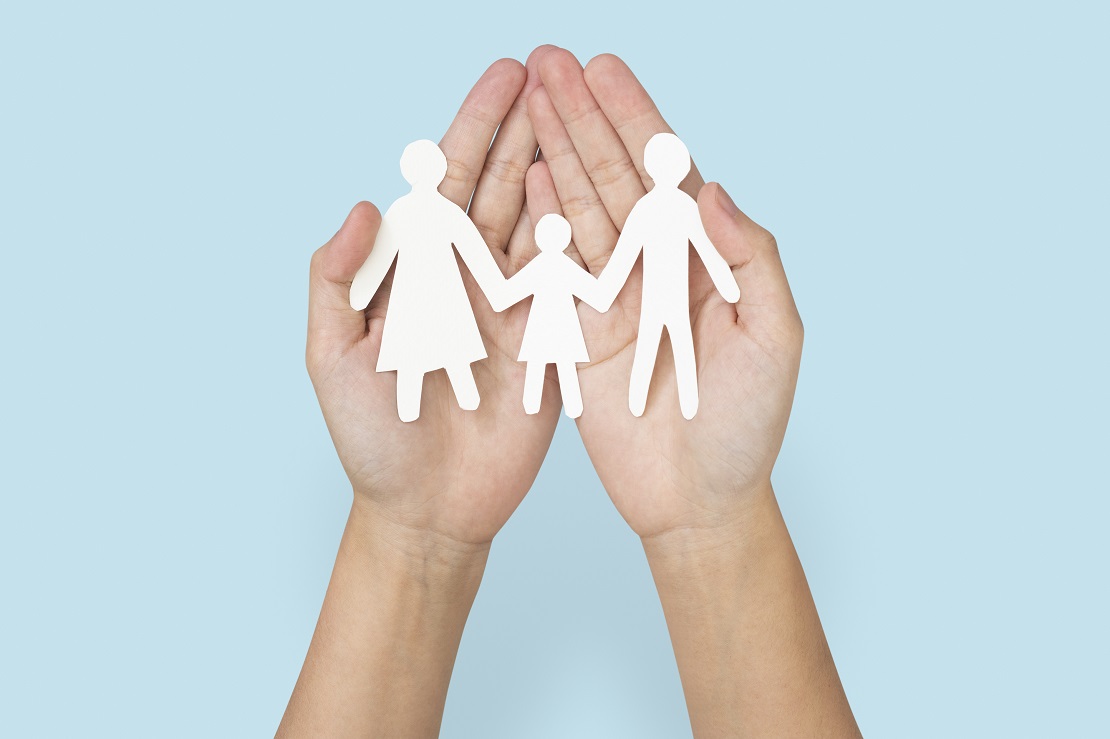Marriage, divorce, succession, child custody, maintenance, and guardianship are all governed by personal status law in the UAE. It is based on Sharia, which is the Imam Malik School of Sharia’s interpretation of the Quran and the Prophet’s traditions.
Many people around the world are ignorant of the custodial law of the United Arab Emirates. The improvement of the child is the ultimate and most important goal in custody disputes, as it is in all countries. The numerous responsibilities that parents have are specified in the UAE custody laws, which is a fascinating feature of the legislation.
CHILD’ CARE
The Personal Status Law addresses modern necessities while adhering to the fundamentals of Shariah Law. According to the laws governing child custody, the court has the exclusive authority to reject parental claims and award possession to a child based on the child’s safety, security, and future.
Wadeema Law:
Children are protected under the Wadeema Law against discrimination based on their place of origin, gender, status, nationality, religion, social standing, or disability. The law also imposes penalties on parents who fail to provide for their children’s necessities, abandon them, enrol them in school, or register them at birth. It is against the law to force children under the age of 15 to work, and it is also against the law to put them in situations at work that risk their physical, moral, or mental integrity.
Custody and Governance:
The various positions that dads and mothers are given, such as “custodian” or “guardian,” is an intriguing feature of UAE custody rules. The guardian of a child is responsible for the child’s financial support, important decisions about the child’s upbringing and education, and general management of the child’s affairs. The caregiver, on the other hand, is focused on the child’s daily activities.
The custodian is in charge of the child’s upbringing and daily care and has daily physical custody of the youngster. It is possible for one parent to fulfil both roles. Children are typically given to the mother until they reach a certain age, but the father is always considered the guardian. On the other hand, the Court has the power to make decisions that are in the child’s best interests.
Retiring of Custody:
The mother loses custody of the child if she is deemed “unfit” to be the child’s primary caregiver. The lady must be clean of contagious diseases, honest, mature, capable of raising a child, and not have been convicted of any serious crimes. The Court will conduct a thorough investigation using statements, witness testimony, or an independent expert who may be asked to report on the mother’s mental health if the father alleges that the mother is a “unfit” caretaker.
The Court doesn’t treat the finding that a mother is a “unfit” caregiver lightly. The Court will provide a decision based on what is in the child’s best interest, regardless of the claims or evidence put forth. However, courts cannot ignore this requirement if the child’s interests are best served by a person of a different religion. Some laws even mandate that a caregiver belong to the same religious tradition as the child.
Children’s interest is Important
According to UAE Personal Status Law, up until the age of 11 for a boy and 13 for a girl, custody of the kid should be with the mother. The law also stipulates that if the court rules differently, this circumstance might alter. A 13-year-old girl who was living with her mother and was supposed to be delivered to her father was the subject of a recent child custody case that reached the Abu Dhabi Supreme Court.
The Abu Dhabi Supreme Court refused her father’s request for possession after several months of trials, hearings, and appeals. The court decided that the young girl should live with her mother till she gets married against the law. Here, the Court exercised its authority to impose judgments that best served the interests of the child.
Rules for receiving Child Support:
All aspects of marriage, divorce, child custody, and succession rights in the UAE for both citizens and residents are governed by personal status law. However, in some circumstances, parties may request that the UAE courts evaluate their legal rights in accordance with foreign laws. The legislation of the country where the marriage takes place is important, provided it does not contradict with Sharia Law and other circumstances, according to recently updated Personal Status Legislation.
Care for a Child:
The quantity of help must be in accordance with the finances of the father and the requirements of the child. The amount of monthly support for the child is flexible and subject to change depending on the child’s needs and the father’s financial situation.
The contractual help that the parents agreed upon may need to be modified if circumstances change in a way that was not anticipated by the parents. The father may fulfill his obligation by providing the regular stipend or by accepting the child and nurturing him or her in the home. The latter would be impossible if there were a moral or legal barrier.
Both the father and the children are treated fairly by the child support laws. A child support order won’t make a parent bankrupt. However, the child’s upbringing shouldn’t be impacted by the father’s financial situation because no child or young person should be forced to bear the consequences of his mistakes.
Sara Advocates and Legal Consultants have the best family lawyers. If you have any trouble with child support you can contact us or visit our offices. They will study your case thoroughly and point out the possible outcomes for the case. You can proceed with the case in the way you want!

